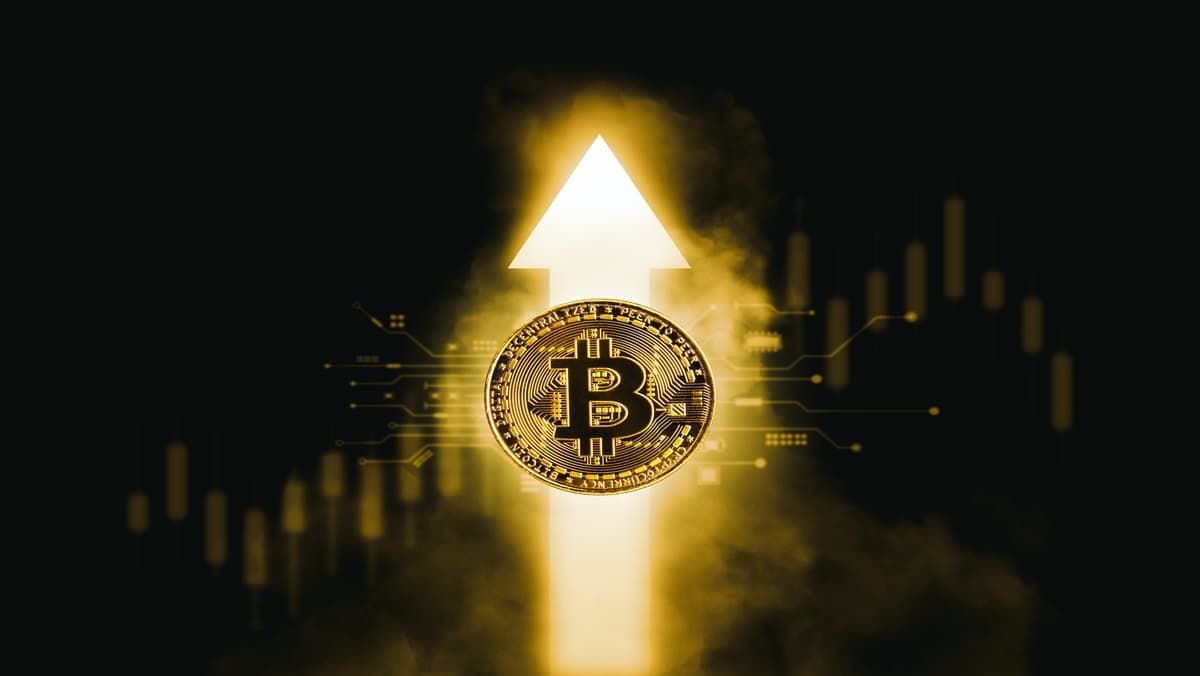
Tuesday Dec 17 2024 07:41

6 min

What is bitcoin, Bitcoin is the world's first cryptocurrency, functioning on the world's first public blockchain network.
What is bitcoin? How does bitcoin work? In simple terms, Bitcoin allows you to send and receive value to and from anyone globally, using just a computer and an internet connection.
The true revolution lies in its ability to operate without the need for a trusted middleman. Unlike traditional methods of sending money online, where a corporation typically facilitates the transaction, Bitcoin establishes the world’s first public digital payment infrastructure. By "public," I mean it's accessible to everyone and not owned by any single entity.
We already have public infrastructures for information—like the internet for websites and email—but until Bitcoin, our only public payment infrastructure was cash, which only works for face-to-face transactions.
Before Bitcoin, if you wanted to pay someone remotely, you had to rely on a private bank to process the transaction. This meant that if you and the recipient didn’t use the same bank, multiple banks and ledger entries would be involved, complicating the process.
In summary, Bitcoin simplifies and democratizes the way we transfer value online, paving the way for a new era of digital payments.
Transferring Bitcoins to another address on the ledger allows anyone—regardless of nationality, race, religion, gender, or creditworthiness—to create a Bitcoin address and receive digital payments at no cost.
Is it perfect? No, just as email wasn’t perfect when it was first introduced in 1972. Bitcoin isn’t the best form of money in every situation; it’s not yet universally accepted, isn’t frequently used for price quotes, and doesn’t always serve as a stable store of value. However, it functions, and the fact that it operates without trusted intermediaries is remarkable. This represents a significant breakthrough in computer science and could be as transformative for freedom, prosperity, and human flourishing as the advent of the internet itself.
Bitcoin is merely the beginning. If we can replace private payment infrastructures, we can also eliminate other private barriers to human interaction.
So, why should we strive to build more public infrastructure and embrace blockchains over corporate intermediaries? Why should we work to improve their inefficiencies instead of accepting them? The answer is simple: the corporate intermediaries that provide today’s essential but privately owned infrastructure are becoming fewer, larger, and more powerful, making their failures increasingly critical.
For instance, approximately half of all Americans—about 143 million people—had their social security numbers compromised due to a breach at Equifax. The SWIFT network has facilitated hundreds of millions of dollars in fraudulent transactions due to hacked member banks in Bangladesh, Vietnam, Ecuador, and Russia. The FBI suspects North Korea was behind one of the largest hacks.
Additionally, corrupt employees at Punjab National Bank in India fraudulently certified SWIFT messages, resulting in the theft of $1.8 billion—the largest electronic bank robbery in history. In October 2016, around 1.2 million internet-connected devices were hacked and turned into a botnet, making prominent websites inaccessible across Europe and North America for several hours.
These incidents highlight the vulnerabilities inherent in our current financial systems, underscoring the need for a shift towards public, decentralized infrastructure like Bitcoin.
When the blogosphere emerged in the late '90s and early 2000s, it led to the centralization of the internet, primarily monetized by a handful of companies like Facebook and Google. What distinguishes Web 3 is the opportunity for individuals to own the actual network itself. Crypto assets represent ownership stakes in these underlying networks.
For instance, when people refer to layer 1 tokens, they’re discussing rewards for providing maintenance services and computing power to the network—services that were previously dominated by companies like Google. Now, individuals, even in places like Pueblo, Colorado, can own a piece of the Ethereum network, while the traditional internet remains largely under the control of a few corporations. The essence of cryptocurrency projects is to enable people to directly own the networks and their native assets, exemplifying decentralization where token holders have control over the assets.
In this context, digital assets serve as keys to access the ledger and participate in the network. There are two main categories: application layer tokens and protocol layer tokens. For example, if you’re a Bitcoin miner, the Bitcoin you earn is your reward for maintaining the network, granting you ownership of a portion of the Bitcoin blockchain. Similarly, Ether represents an ownership stake in the Ethereum network, which hosts various applications, much like how apps on your phone rely on the underlying network to function.
Investors assess which networks are likely to succeed and invest in their tokens, similar to buying Google stock with the expectation of growth. The key difference with decentralized networks is that investors have a say in their future direction—through mechanisms like voting in proof-of-stake networks or receiving rewards for maintaining the ledger in proof-of-work systems like Bitcoin.
Ultimately, decisions about the decentralized internet are made by its investors, while the traditional internet is controlled by a select few corporations such as Twitter, Facebook, and Google.
When considering shares, indices, forex (foreign exchange) and commodities for trading and price predictions, remember that trading CFDs involves a significant degree of risk and could result in capital loss.
Past performance is not indicative of any future results. This information is provided for informative purposes only and should not be construed to be investment advice. Trading cryptocurrency CFDs and spread bets is restricted for all UK retail clients.
